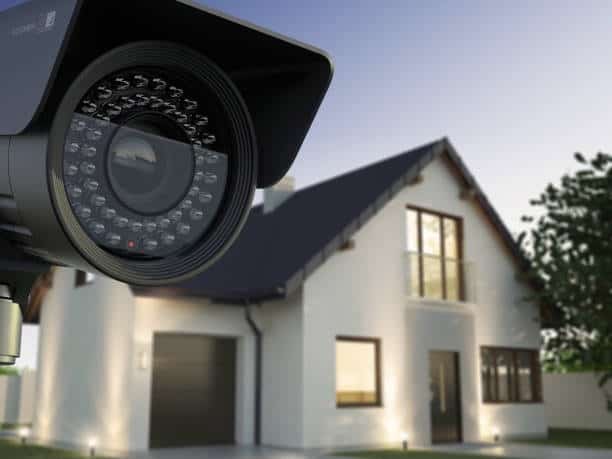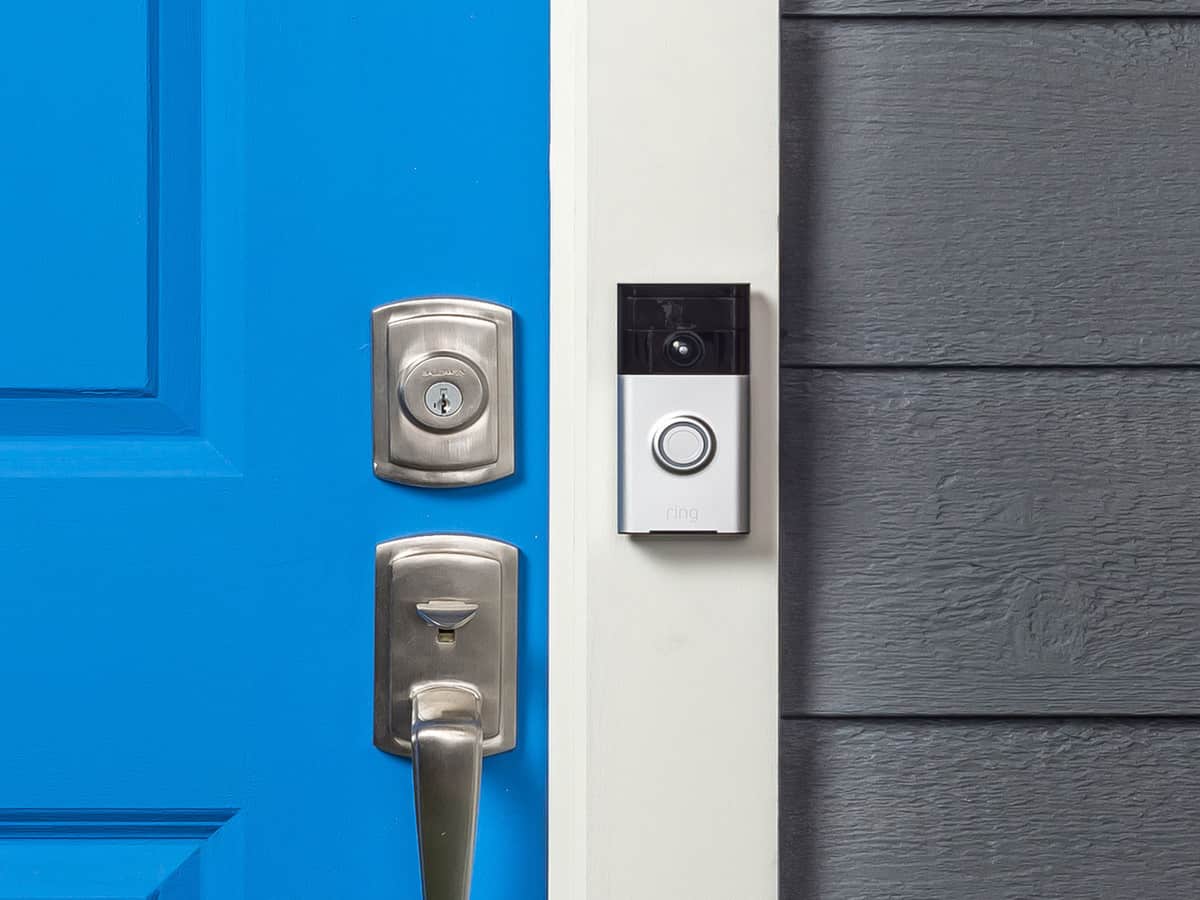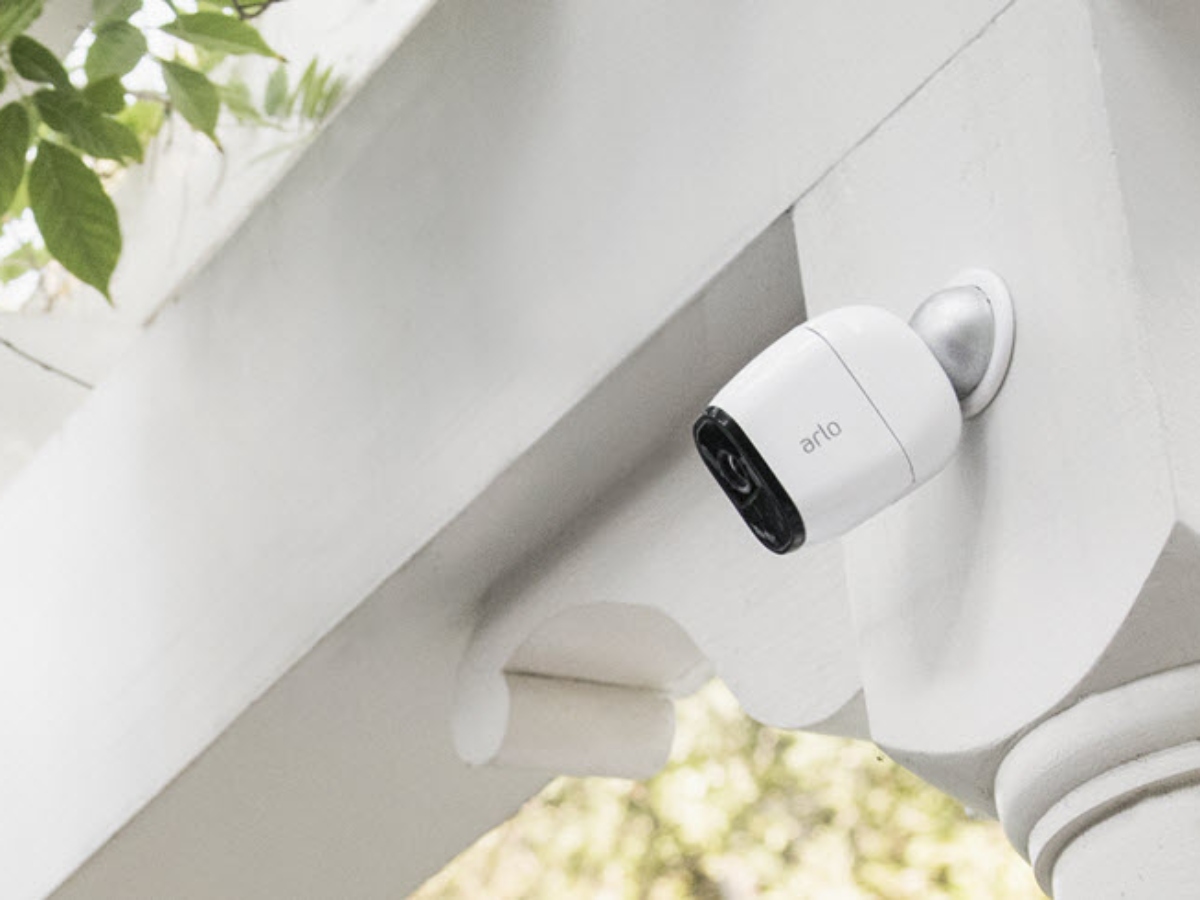You can face danger anywhere and at any time, including your home, and you never know where and when a burglar will plan their next crime. Installing a home security system can provide you with peace of mind, but large installation and monitoring fees, on the other hand, can be a source of anxiety. However, DIY home security, also known as self-installed or do-it-yourself security measures, are an increasingly popular choice among homeowners.
Let’s look at the benefits and disadvantages of this option here.
The Key Reason to Install Home Security Yourself
One of the main advantages of a DIY alternative to a home security system setup is that you do not have to purchase the overall system in one go.
Choose a DIY method that lets you get several pieces of equipment first and add more later if you’re unsure about committing to an entire home security system.
What Qualifies as Do-It-Yourself Home Security?
A self-installed security system is one that you may modify and install yourself. One of the advantages of a DIY technique is that there is no installation price.
If you’re not comfortable putting up the system yourself, some providers may charge a fee for expert installation.
Are you Thinking About Installing Your Home Security?
Begin with a stand-alone Wi-Fi home security camera if you’re just interested in how it would be to live with a home security system.
Choose one with a minimum 1080p resolution; however, a newer 4K one will give you more meaningful information, which will come in handy when zooming in on a visitor’s or intruder’s face.
Many standalone security cameras also include two-way speech communication, as well as adjustable levels of movement and noise detection that can cover a wide area without the use of additional sensors.

When Should You Increase Your Home Security?
You can opt to add more cameras once you’ve become used to security camera operation and control, movement and noise detection sensitivity, how often you get fake warnings, and how monitoring works.
Alternatively, you may decide that a more full home security system, whether DIY or professionally built, is required, into which you can include your first camera.
If you’re tech-savvy enough to build it, experiment with it as necessary, and thoroughly monitor and maintain it, a DIY home security system may be exciting. A DIY home security system is probably unsuitable for you if you’re not familiar with electronics.
Self-installed Security Systems Are More Appropriate for Certain Types of Homes.
A DIY home security system is better suited to smaller homes than larger ones. The majority of modern home security equipment is wireless.
It implies that all camera systems, sensors, monitors, and detectors must be within reach of the device’s hub or keypad controller’s private wireless network or linked to your home’s Wi-Fi.
Because condominiums are generally on a single story, have a small number of windows and outside doors, and have no need for outside or doorbell cameras, they’re easier to secure with a wireless DIY system.
A DIY home security system can be moved from one area to another if you change homes regularly. Because a professionally installed security system is built for a specific location and set of conditions, moving and reinstalling it is more difficult, if not impossible.

Benefits of DIY Home Security
Less Costly
It is less expensive than hiring a professional to install it. Installing your home security system is less costly than hiring a service company to handle it for you.
Motion detection sensors for every door and window might set you back roughly 200 dollars. It is a one-time transaction that potentially saves you hundreds of dollars.
Wireless and Portable
Most home security systems are wireless and portable. You may easily remove or rearrange it if you need to upgrade to a newer version.
Notifications
Many security measures can send you notifications via email or text message. Users can connect to their home security systems through the internet. As a result, all you need is an internet connection to access the system and play around with its settings.
Add As You Go
You can begin slowly and add pieces as needed instead of investing immediately in an entire system you might not need.
Easy to Relocate
Whether you move often or plan to relocate soon, it’s easier to move from one house to another with your DIY security system.
No Supervision Needed
Installing the security system by yourself does not need any professional supervision. Once you’re handy and able to follow instructions, you’ll be fine.
Customize
You can choose all the different security pieces you want, from motion sensors to cameras, to suit your style.
Family Bond
Your family feels the joy of protecting the home together when you make the installation an all-hands-on-deck experience.
Disadvantages of DIY Home Security Installations
Here are eight disadvantages:
Add-ons Can Be Expensive
Buying a single item can sometimes be more expensive, depending on what you’re seeking. Extra window sensors, for example, might cost up to $30 each. Not only that, but you’ll have to purchase the necessary equipment to put it together.
Limited Warranty
The warranty is limited, and you are responsible for any repairs. When you buy and install a system on your own, you’re usually on your own. You are responsible for and liable for any upcoming repairs and charges.
Always read the fine print and understand the benefits and limitations of your system.
Improper Installation
Many times people do not install them properly and end up needing help.
Some Features are Lost
When you hire professionals to install your home security system, you might get additional benefits. Notifications to the police (some DIY sets include it; others don’t — read the fine print! ), after-sales service, and assistance are among them. When you set up a security system on your own, you may reap none of these benefits.

Must be Tech Savvy
It’s best for customers who are good with technology and handy, people who live in smaller, single-story homes or apartments, and homes with a few people and guests.
Troublesome for Large Homes
Installing in large, multi-level homes is more complicated and could lead to many mistakes.
Maintenance Difficulty
Maintenance is more complex, especially since it’s not your primary focus and there is nobody to contact if something terrible happens.
Poor Monitoring
Even though some DIY systems give expert monitoring for an extra cost, self-monitoring is less efficient than professional monitoring.
Top DIY Home Security Equipment
Blink Outdoor Camera
Blink Outdoor wireless camera operates on two AA lithium batteries that last up to two years and let you see what’s going on at your house from wherever you are.
- Two-way audio
- Customized motion detection and privacy zones
You can find this outdoor camera on Amazon.
SABRE Wireless Elite Home and Commercial Door Security Alarm
When you open a window or door, the ultra-loud alarm serves to wake/alert the homeowner or tenant, prevent intruders, and maybe notify people nearby.
- Easy installation and user-friendly
- A keypad door alarm prevents accidental activation
- An additional grade of security
Buy this alarm on Amazon.
Ring Video Doorbell- Wired
With a connected video doorbell and 1080p HD camera, you’ll have continuous power.
If a person is in front of your door, you will receive real-time mobile alerts on your phone or tablet. In the Ring app, you can see, hear, and chat with guests from everywhere. You can purchase this doorbell here.
Hex Home Full Coverage DIY Home Security System Alarm
Easy to set up! Just connect your gadgets to WiFi! There are no tools necessary.
- Self-monitoring is completely free
- Levels of Digital Sensitivity
- Modes: At Home, Away, and Guardian
- A one-year limited warranty covers only approved shops. You can purchase it on Amazon.
Wyze Home Security System Core Kit
It comes with:
- Motion Sensor
- A Hub
- Keypad
- Entryway Sensors
- Power Adapter
Buy it here.
LaView Security Cameras for Home
- Two-Pack 1080P HD Wi-Fi Camera, two Free SD Cards
- Simple set up
- Stylish, Fit for most scenes
- US server cloud, Privacy protection
To purchase, you can find it here.
Driveway Alarm, 1byone Motion Sensor
- Weatherproof
- Loud
- Expandable
- Wireless transmission
Buy it here.

Let ONIT Handle Your Home Security
If DIY security isn’t for you, you’re not alone! With complications in installation, sometimes it’s better to leave it to the professionals. With ONIT Home, you get free installation, 24 hour monitoring, all at a low monthly cost. To find out more, visit us online or give us a call today at 1-833-433-0331. We’re looking forward to hearing from you!



